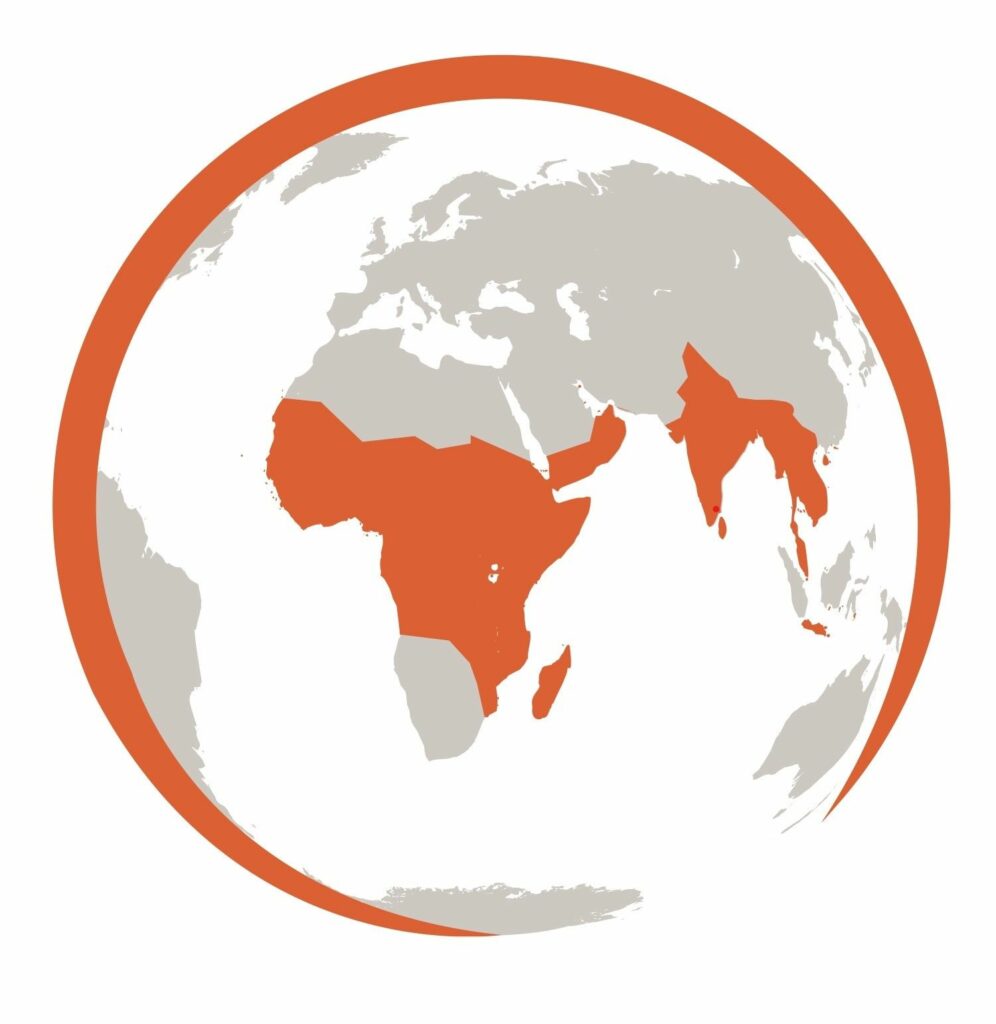Funders
UK Department for International Development (DFID)
Location
Global
Dates
2014

Malaria control programmes have been some of the most successful global health interventions delivered with international donor support in the past several decades. Globally malaria deaths have fallen by nearly half since the late 1990s, partly due to this funding and interventions. Malaria control programmes such as insecticidal treated net distribution can be extremely efficient ways to promote human and child health in malaria endemic environments.
The UK Department for International Development commissioned Tropical Health to provide a country-level guide to maximising value for money in malaria control programmes.
Tropical Health sought to address the following: indicators to cover economy, efficiency and effectiveness; general principles that malaria interventions should follow; how/when levels of disease and local circumstances can be built into cost-effectiveness analysis; how equity and sustainability relate to cost-effectiveness analysis; methods to develop and monitor indicators; and guidance on the data required to evaluate cost-effectiveness.
Tropical Health delivered a comprehensive guide for DFID personnel covering the topics above in detail and including a review of the principles of economic evaluation (cost-benefit analysis, economic vs financial costs, discounting vs annuitization, calculating costs, etc.).
The Tropical Health guide listed and explained metrics for measuring cost effectiveness of insecticidal net distribution, indoor residual spraying, first-line drug distribution, diagnostics, behaviour change communication, preventive treatment in pregnancy. It also included how to measure impact, data collection requirements for accurate evaluation, and a review of best practices in economic evaluation for health care programmes. It also presented some of the limitations of these metrics for the consideration of equity, fairness and sustainability in malaria control and made recommendations on taking local context into consideration.
Bill and Melinda Gates Foundation (BMGF) / International Federation of Red Cross and Red Crescent Societies (IFRC)
Global
2023 - 2026
UK Foreign, Commonwealth and Development Office and multiple donors
South Sudan
2023-2024
Global Fund to fight AIDS, TB and Malaria
Cambodia, Capo Verde, Laos PDR, Sao Tome & Principe, Suriname, Thailand, Vietnam
2023